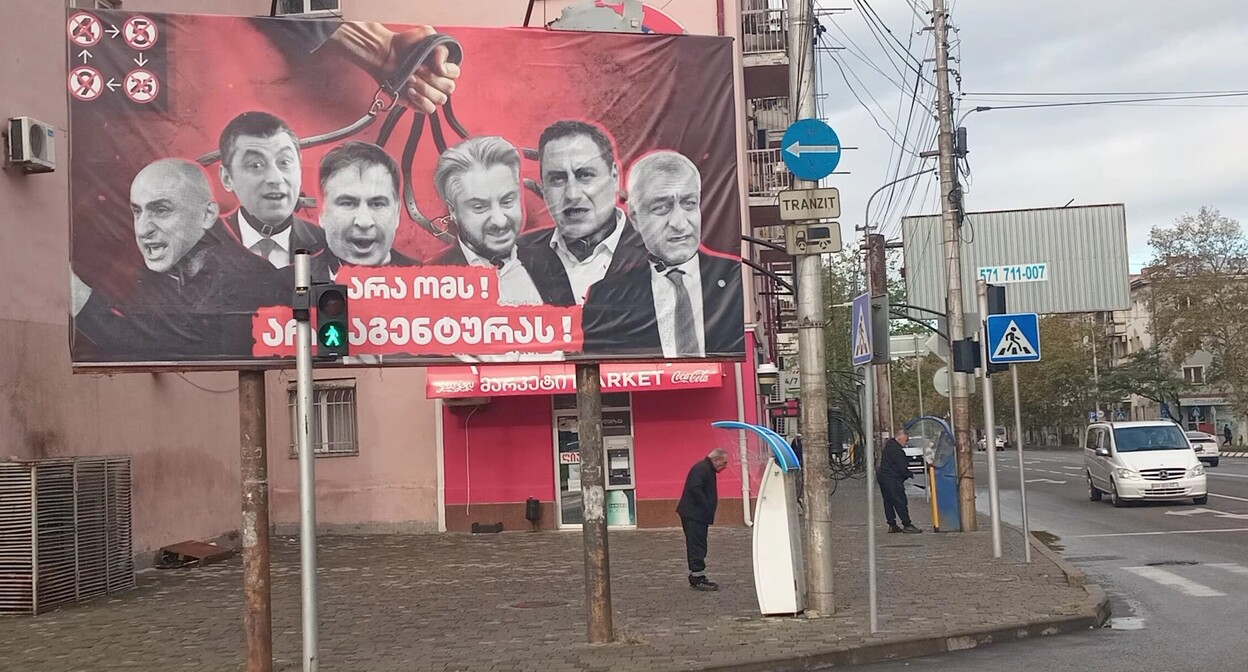
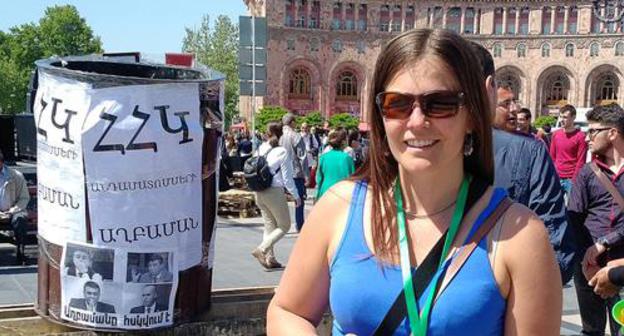
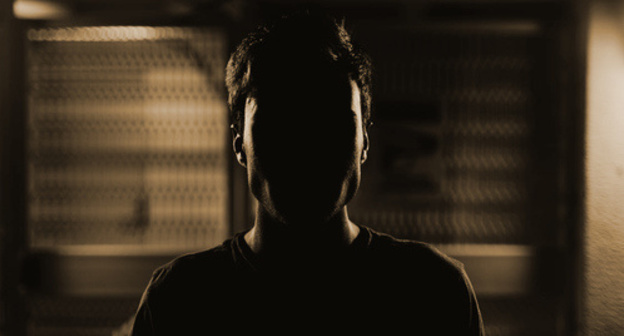

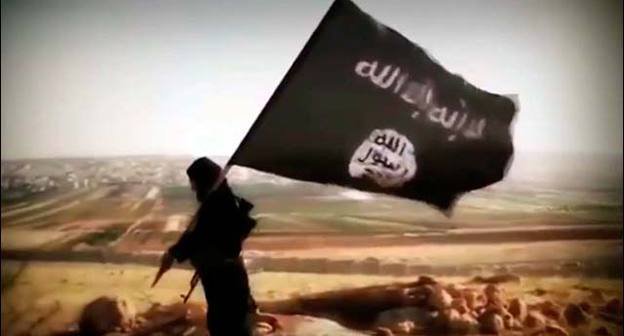
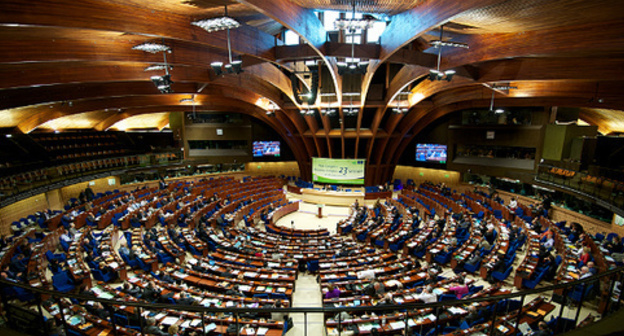
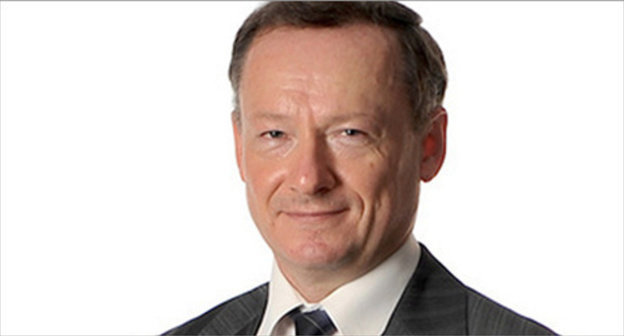
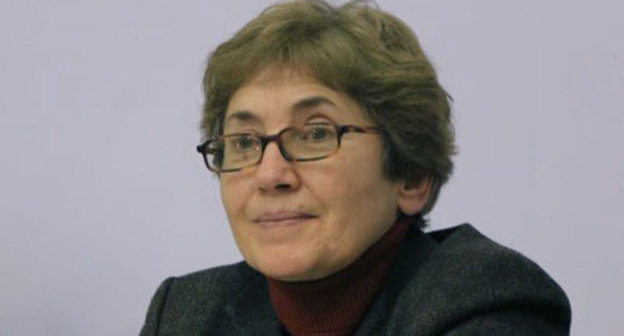
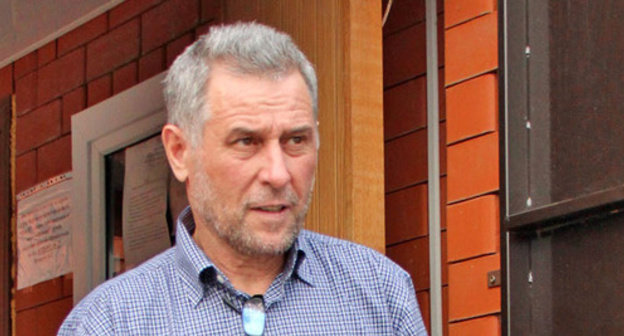
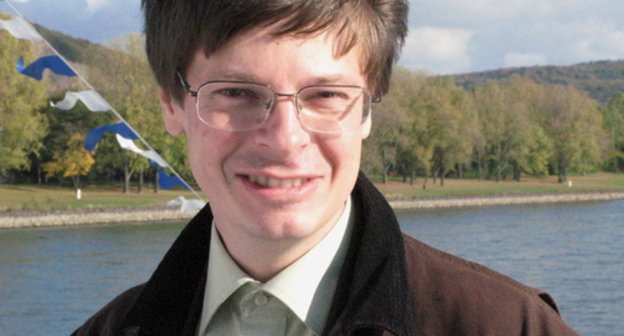

 The peace agreement between Armenia and Azerbaijan, as well as other documents signed at the meeting with Trump on August 8, 2025
The peace agreement between Armenia and Azerbaijan, as well as other documents signed at the meeting with Trump on August 8, 2025
The “Caucasian Knot" publishes the agreement on the establishment of peace and interstate relations between Azerbaijan and Armenia, which was initialed by Armenian Prime Minister Nikol Pashinyan and Azerbaijani President Ilham Aliyev on August 8, 2025, through the mediation of US President Donald Trump. The meeting of Trump, Aliyev and Pashinyan took place on August 8 in Washington. Following the meeting, Pashinyan and Aliyev also signed a joint declaration. In addition to the agreements between Armenia and Azerbaijan, Trump signed a number of separate memoranda with Aliyev and Pashinyan....
 Zelimkhan Khangoshvili
Zelimkhan Khangoshvili
A participant of the second Chechen military campaign, one of the field commanders close to Shamil Basaev and Aslan Maskhadov. Shot dead in Berlin in 2019.
 Magomed Daudov
Magomed Daudov
Magomed "Lord" Daudov is a former Chechen militant who was awarded the title of "Hero of Russia", the chairman of the Chechen parliament under Ramzan Kadyrov.
![Tumso Abdurakhmanov. Screenshot from video posted by Abu-Saddam Shishani [LIVE] http://www.youtube.com/watch?v=mIR3s7AB0Uw Tumso Abdurakhmanov. Screenshot from video posted by Abu-Saddam Shishani [LIVE] http://www.youtube.com/watch?v=mIR3s7AB0Uw](/system/uploads/article_image/image/0001/18460/main_image_Tumso.jpg) Tumso Abdurakhmanov
Tumso Abdurakhmanov
Tumso Abdurakhmanov is a blogger from Chechnya. After a conflict with Ramzan Kadyrov's relative, he left the republic and went first to Georgia, and then to Poland, where he is trying to get political asylum.